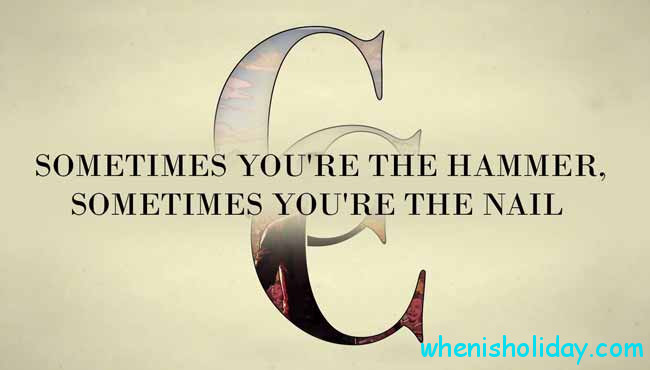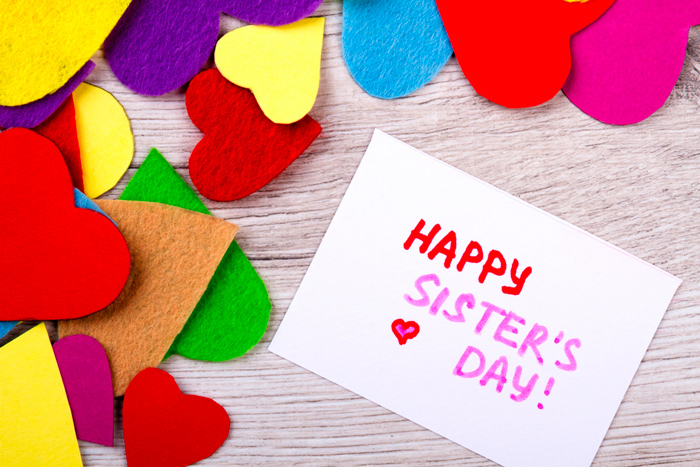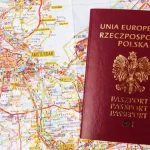When is National Common Courtesy Day in 2020? Are you ready to answer this question just now or perhaps you need some time for thinking about? To tell you the truth only some people are ready to do it without any prompts given from our side. However, the most part of contemporary people have never heard about this holiday existence. We find this situation to be unfair one and that is the reason why we have decided to investigate everything in details. You see, courtesy is a very positive feature, so why not to promote it as much as it is possible?
History
Certainly, investigating the matter what day World Common Courtesy Day in 2020 is, we want to give our readers as many amazing facts as it is possible. We find our readers to be rather curious people, as they usually want to know many things and all the questions about the historical background of some event are in the list of the most requested ones.
Unfortunately, we haven’t managed to discover any information available about the establishers of this special occasion. At the same time we don’t know for sure why it is recommended to celebrate this holiday on March 21st every year.

Meaning
What does National Common Courtesy Day mean? – All in all it is up to you to decide, whether to celebrate this special occasion or to forget completely about its existence. You see, we are not able to answer instead of you. So we have to give you some recommendations for you to think.
All in all we would like to remind you that in our modern life communication does not always proceed smoothly: we can meet criticism, ridicule, reproaches, insults, immodest questions, orders and prohibitions. “Preserving a face” is not easy, because even requests or promises can sound threatening. In other words, aggression lies in wait for us everywhere – and, naturally, any sensible participant in communication tries to avoid risks.
For this, politeness is extremely necessary: according to the theory of British social anthropologists Penelope Brown and Steven Levinson, courtesy is a mutual desire to “save face” and protect dignity, and one’s own, and one’s interlocutor.
If someone regularly uses your courtesy against you, you should reconsider your settings a little. But it is not worth to forget about politeness completely. You can easily give way to the bus or miss someone without a queue, can’t you?
It’s nice to be a polite person. This allows you to please other people and enjoy yourself. The main thing is to remember that this feature is closely connected with a sense of dignity. Without one there is no other. Keep self-esteem and this will allow you to maintain a balance between politeness and reasonable arrogance in any situation!
Definition
Of course, you understand that the question “When is International Common Courtesy Day 2020?” requires a lot of clarifications and explanations. However, first of all we would like to give you a definition of this category, depending on the sphere of its using.
- Household situations. A person who does not forget the simple words “thank you”, “please”, “thank you” – shows courtesy.
- Family education. Parents, who do not use abusive words in the presence of children, do not forget to thank them for their small services, demonstrate this feature of character in a proper way.
- International relationships. International “politeness” is a set of rules of conduct of various countries in the process of interstate communication. A good example may be the release of diplomats from baggage screening at border crossings.
- Communication in a professional team. A person, who treats respectfully not only with those colleagues who are older and more experienced, but also with equal and younger ones, is usually known as a polite one.
Traditions
When is Common Courtesy Day in 2020, calendar will surely remind you. This is not a serious problem in fact. The holiday is celebrated on March 21st and the date is considered to be fixed, which simultaneously means that you can be involved any year you would like.
Of course, you understand that, as a rule, there are no any official events, devoted to this event, but you are always free to invent something special for yourself as well as for your surroundings.
The best way to spend this day in a proper way is to investigate something and to learn the new things. Are you ready? – Today we are going to demonstrate you our list of amazing activities.
- Learning etiquette. In order to follow the generally accepted standards of behavior of a polite person, these norms must be known. Studying etiquette and trying to follow it, a contemporary person brings up courtesy.
- Of course, not every well-read person is polite, but every polite person is well-read. This is a well-known saying. The practice shows, the wider outlook a person has, the more respectfully he/she treats others.
- Work on yourself. Developing the exceptional skill of listening to the interlocutor without interrupting, will be helpful in many situations.
- There is nothing better to achieve courtesy than a thoughtful conversation with a polite person.
You can also devote this day to discovering the rules, which are typical for other corners of the planet. Some of them will definitely astonish you, as they are going to be quite different from those you usually meet. Nowadays there is a great amount of information, devoted to this direction, so you will definitely find something especially interesting for you.

International Common Courtesy Day Facts
Discovering the matter “What is the date of National Common Courtesy Day in 2020?” we would like to demonstrate our readers a great amount of various amazing pieces of information. The choices are really endless, but today we are going to underline the differences between various nations.
In general politeness can be of two types: positive and negative. Positive politeness is the desire to elevate the interlocutor, in every possible way showing to him interest and sympathy, emphasizing and strengthening all positive.
A negative politeness avoids negative, that is, words, gestures and intonations that threaten the “face” or “territory” of the interlocutor. (“Territory” is personal space, personal time, etc.) Orders, criticism, incorrect questions or requests can threaten dignity. Apologies are also a negative politeness, they help to correct or at least mitigate unpleasant words.
In accordance with the specialists’ points of view, people of Western European culture prefer negative politeness: for example, they care much more than the Russians to protect the “territory” – both their own and others’. Especially it concerns personal space and personal time. Therefore, spontaneous visits without an invitation in Europe are extremely rare. Similarly, e-mail correspondence is preferable to a phone call, since there is no intrusion into the personal space and time of another person.
So-called immodest questions – this is also a violation of what the British call “privacy” – privacy, private life. In Western Europe or North America questions about the age, political or religious views, about the personal or intimate life of the interlocutor are taboo. And in Russia, in its turn, to hear “How old is your husband?” or “What is your salary?” are still quite familiar. Note that in this case we are not talking about being well-bred and ill-bred: we are talking about the national traditions of communication.


































